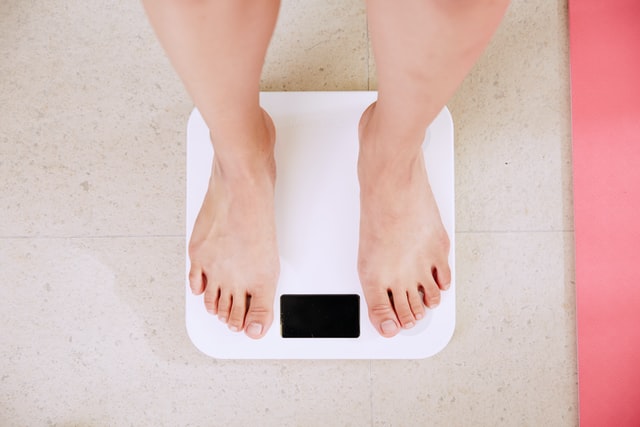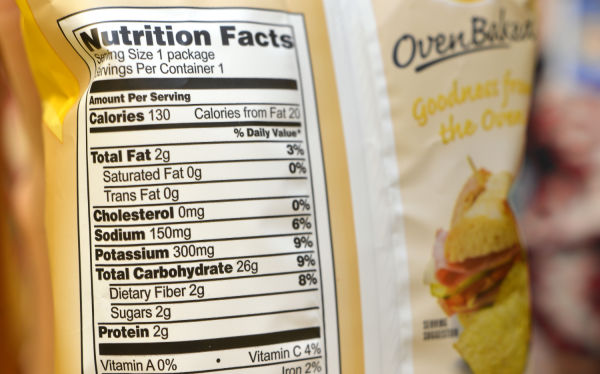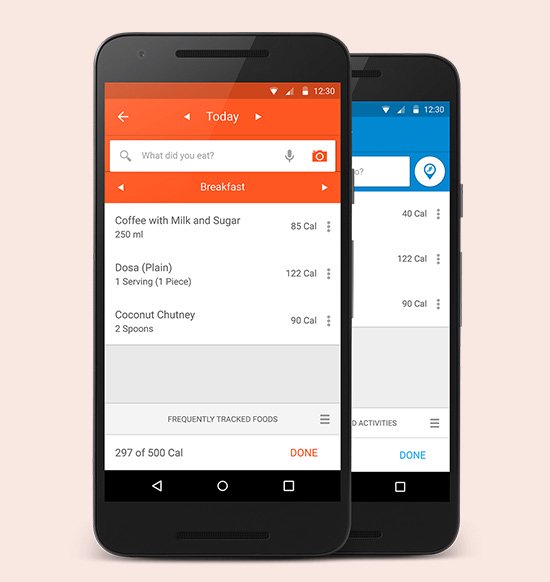
Weight gain and weight loss are surrounded by lots and lots of myths and bro-science. Gaining and losing weight is all related to basic maths, there is not a particular food which would either help you in gaining weight or losing weight directly. You don’t need to have an expensive coach as It is all related to a simple fundamental, how much energy you consume vs how much you spend. In this article, we will go to bust all the myths and misconceptions related to it.
1. What is the actual science behind weight gain or weight loss?
As discussed above, it all depends on how much energy you consumed vs how much energy you spend. Food is our main form of energy that we consume which our body converts into carbohydrates, which is our primary fuel. We spend this energy either through stressing our bodies physically or mentally. Now, here comes the basic maths part, if you consume more energy than you spend i.e. Intake > spend in the long run then obviously you will gain weight, and if your intake is less but your spending is more i.e. Intake < spend in the long run then you will lose weight. If the difference between Intake – spend is positive then that difference in energy will be store in your body results in weight gain. If the difference between Intake – spend is negative then that difference of energy will be extracted from your body either from muscle or from stored fats results in weight loss.
But instead of taking the measure of what amount of energy you actually consumed and how much exactly you spend, it will be easier and simpler to calculate how much energy you need to consume in order to maintain your current weight because you don’t need to do it by your own there are sites and apps available which can take your weight, age, height, and daily activity as input and show you how much energy you need to maintain your current weight. Once you know your maintenance energy which is in terms of calories, you can determine what you need to do. If you need to gain weight you need to consume more energy than your maintenance energy and if you want to lose weight you need to eat less than your maintenance energy.
maintenence energy > Intake results in weight lose
maintenence energy < Intake results in weight gain
Calculate maintence calorie here
2. How to calculate energy consumption and expenditure?
We can calculate the energy we intake or spend, by counting calories. A calorie is a unit of measurement — but it doesn’t measure weight or length. A calorie is a unit of energy. When you hear something contains 100 calories, it’s a way of describing how much energy your body could get from eating or drinking it.
2.1 Calculation of energy you are consuming
We can calculate each and every calorie whenever we eat something, but now the very first question that will come to your mind is, how actually we can calculate calorie?
Calories can be counted from two types of food packaged and non-packaged
Packaged foods are the one we get generally from the shop that includes candy, noodles, chips, etc. For packaged foods, one can clearly observe the calorie breakdown behind the packaging refer to the below image.

In the above pic it is clear that in one packet there is 130 calories likewise, you can easily find calories breakdown behind each and every packaged food.
For non-packaged food like homemade food, chat corner food, etc the calories are not given, you need to calculate your own but is it really possible for a regular individual to calculate, the answer is NO. You really don’t need to do it yourself. There are several apps available in the market like HealthifyMe, MyFitnessPal, etc which are free and will help you to calculate the approximate calories. You just need to measure the weight of the food you are eating then search for that particular food in that app and choose the weight you have calculated from the app. This method will tell you the exact calorie count.
2.1.1 How to keep track of all the calories you intake in a day?
You can either write down each food you eat every day with their respective calories or you can use the same app which I mentioned above for track.

2.2 Calculation of energy expenditure
You can also skip this method as we no longer need to calculate Energy consume -Energy spend instead we need to calculate maintenance energy – energy consumed but if you want to be very precise you can calculate through fitness bands, mobile apps etc.
3. What to do next?
You have your maintenance calorie/energy that you got from here that tells you how much calories/energy you need to have daily in order to maintain your current weight and now you have to calculate approx calories/energy whatever you are consuming daily from the above method (heading 2) for about a month.
The reason behind this is to get a clear picture of how much exactly you eat? now compare the calculated one with your maintenance once that you got online and question yourself. Are you really eating more than your maintenance calorie? for weight gain if your goal is to gain weight or are you really eating less than your maintenance calorie? for weight loss if your goal is to lose gain. if you get YES as your answer then continue your progress and measure your weight daily but if the answer NO then starts adding 100 calories of food daily if your aim is to gain weight and reduce 100 calories daily if your aim is to reduce weight.
Do it for some months if you stop getting results after some time then again increase/decrease 100 calories or increase/decrease exercise depending on your goal.
4. Which food can promote weight gain
Particular food doesn’t directly relate to gain or loss of weight whatever you eat will definitely add more calories to your current calorie bucket but some foods indirectly promote weight gain let’s understand how?
Some foods like salads, fruits, sprouts have the capability to fill your stomach but add very fewer calories to your daily calorie bucket but it doesn’t mean that eating salads can reduce your weight but replacing a general 1-2 roti/chapati or rice with sprouts and salad can not only fill your stomach better but also reduce your overall calories from your daily calories intake bucket.
Same applies with the weight gain if you eat food that have high calories but doesn’t fill your stomach that allows you to consume more calorie example peanut butter.
5 How exercise can help you gain weight
If you just eat more then your maintenance calorie then you definitly gain weight but continue doing this practice this without no or minimum physical exercise can lead you to gain more fat then muscle and in a result you will become obese in long run but if you continue practising any type of physical exercise parallel to this you will gain very few fat and more muscle which would definitly make your physique more better.
One thought on “How to gain weight? Do I need an expensive coach?”